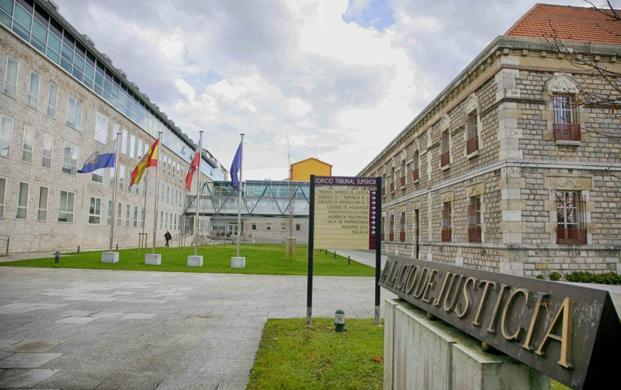Conviction in the Provincial Court of Cantabria for spreading anti-Roma hate messages in the context of the COVID pandemic [editar]

On 31 July, the parties were notified of the ruling handed down in the trial held at the Provincial Court of Cantabria against three defendants accused of spreading anti-Roma hate speech. One of them was accused of sharing false rumours about the Roma people of Santoña via WhatsApp audio message that quickly went viral, and the other two were accused of posting messages of extreme hatred against the Roma people on X and Facebook social media.
The origin of these anti-Roma hate messages was statements made by the mayor of Santoña (Cantabria), linking COVID-19 to the Roma population of the municipality as spreaders of the disease. These statements triggered a series of anti-Roma messages on social media and the spread of hoaxes via WhatsApp audio messages. One of the audio messages reported by the FSG said: "Let them catch them and take them to prison, goddamnit, and keep them there, inside the walls, let them sing and dance there locked up like in a concentration camp until they all die, goddamnit. Let's see if all the sons of bitches die, little ones, children, grandparents and their fucking mother."
On the other hand, following these statements, the following message was also posted on Twitter: ‘The contagion in Santoña of a Roma clan leaves 5 dead: the mayor asks for help. Here's your help, mayor,’ along with an image of gas canisters, similar to those used by the Nazis in the extermination of Jews, Roma and other minorities.
As for the Facebook posts that will be the subject of the trial, they are messages stating that Roma ‘are all infected and dying and infecting everyone,’ and that the police would be ‘forced to shoot the Roma who are running wild in Santoña, or they will kill us all,’ adding the following: ‘I think we all understand that they will go all out. And I don't think any of our colleagues in the security forces are going to stop them. They are extremely angry because they are dropping like flies.’
In its ruling, the Court convicted the author of the audio messages disseminated via WhatsApp and acquitted the other two defendants on the grounds that the police and/or judicial authorities involved in the investigation and preliminary proceedings had failed to comply with all procedural guarantees. In relation to the other defendant, the ruling convicts him of a hate speech offence under Article 510.1.a) to seven months and fifteen days in prison, a three-month fine, and compensation to the association of Roma people in Santoña to repair the damage caused to the Roma community in that town.
It is important to emphasise that these messages were widely disseminated and had a significant impact, especially in the context of such serious social alarm as that caused by COVID-19, in which Roma people not only had to endure the effects of the disease, but also false and stereotypical public stigmatisation. In fact, the FSG had the opportunity to conduct a study of hate speech in the context of the pandemic, which concluded that the human impact of such speech included feelings of fear, public stigmatisation, humiliation, scapegoating, stress, damage to dignity and dehumanisation, among others. In addition, it documented how these messages had fostered discriminatory and hateful attitudes towards Roma people.
The FSG reported these messages to the Specialised Prosecutor's Office on 31 March 2020, considering that they constitute a crime under Article 510.1 of the Criminal Code, in accordance with the case law of the European Court of Human Rights and Circular 7/2019 of the State Attorney General's Office. Furthermore, given the seriousness of the case, the FSG decided to bring a private prosecution through Charo Alises, a criminal lawyer specialising in hate crimes.
Sara Giménez, director general of the FSG, expressed her satisfaction that ‘this type of anti-Roma hate speech does not go unpunished. This conviction sends a message to the public that this type of speech is criminally prosecutable and causes harm to each and every Roma person.’ She added: ‘We consider this case to be a strategic litigation, with which we aim not only to achieve justice, but also to set a legal precedent and raise awareness about the seriousness of hate speech, which has no place in our rule of law.’

